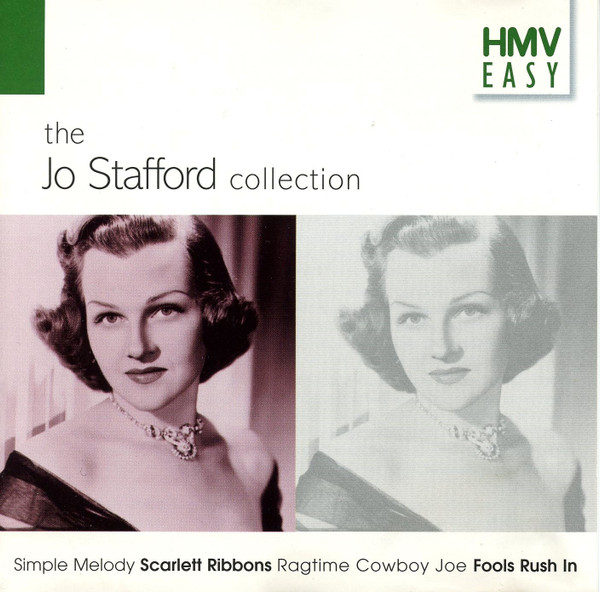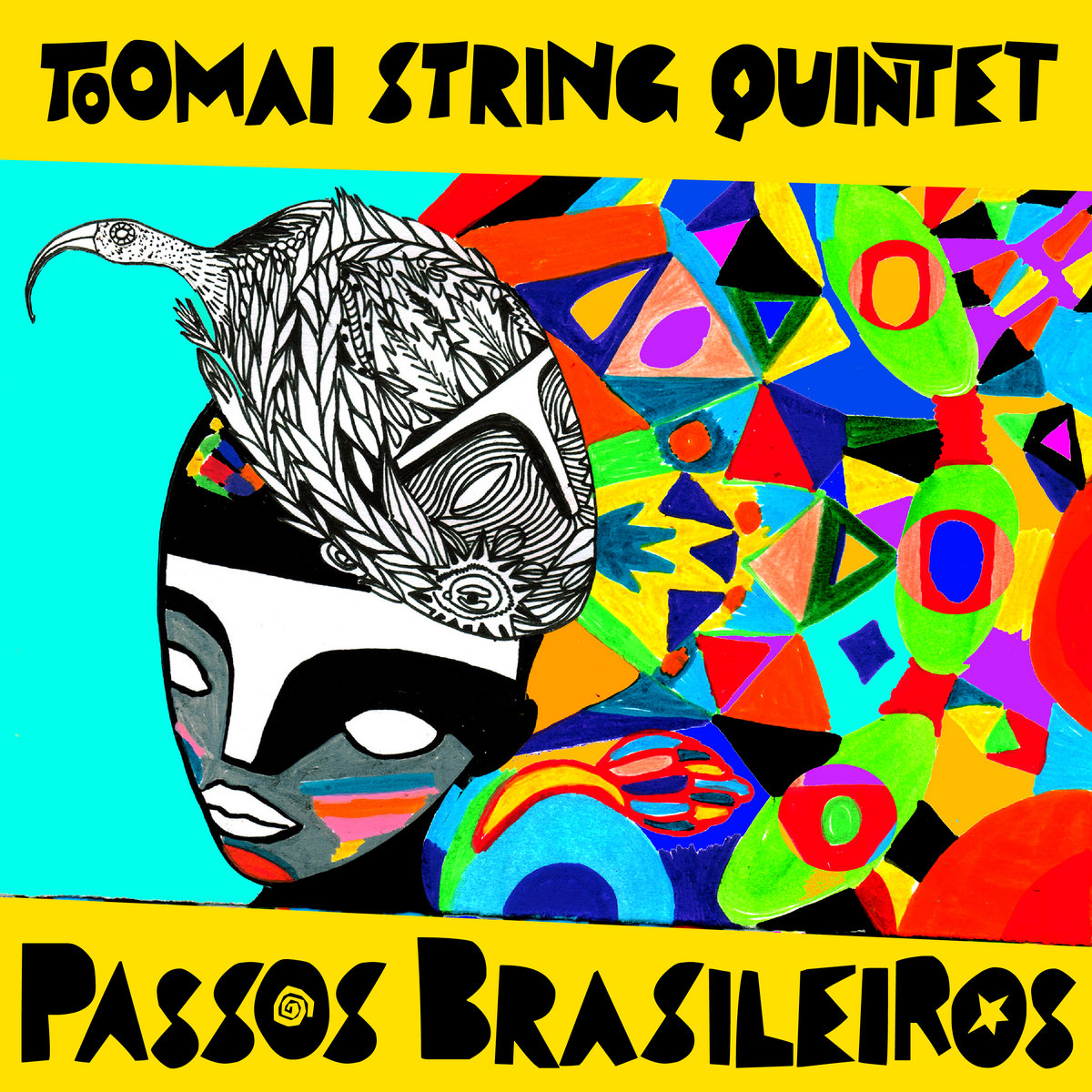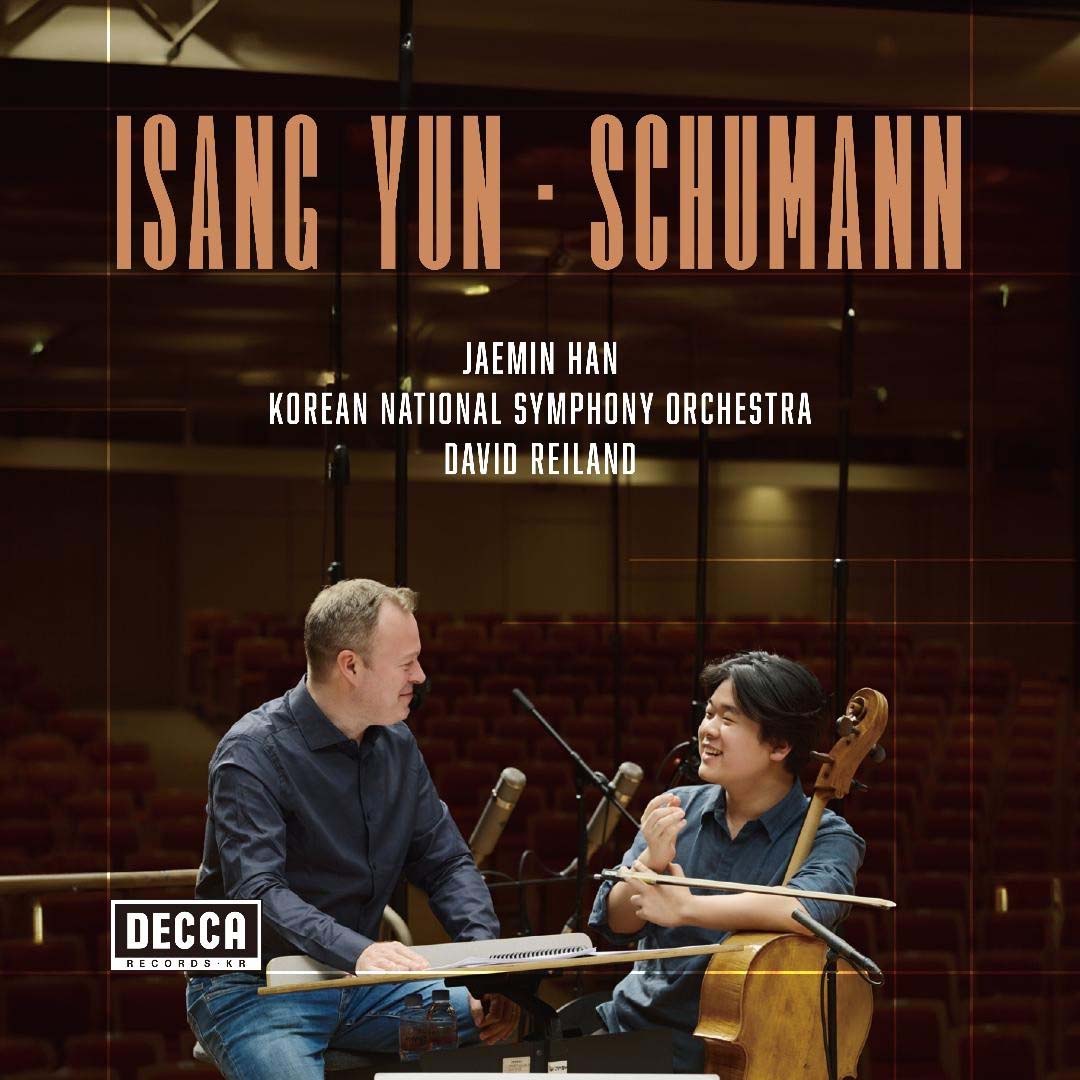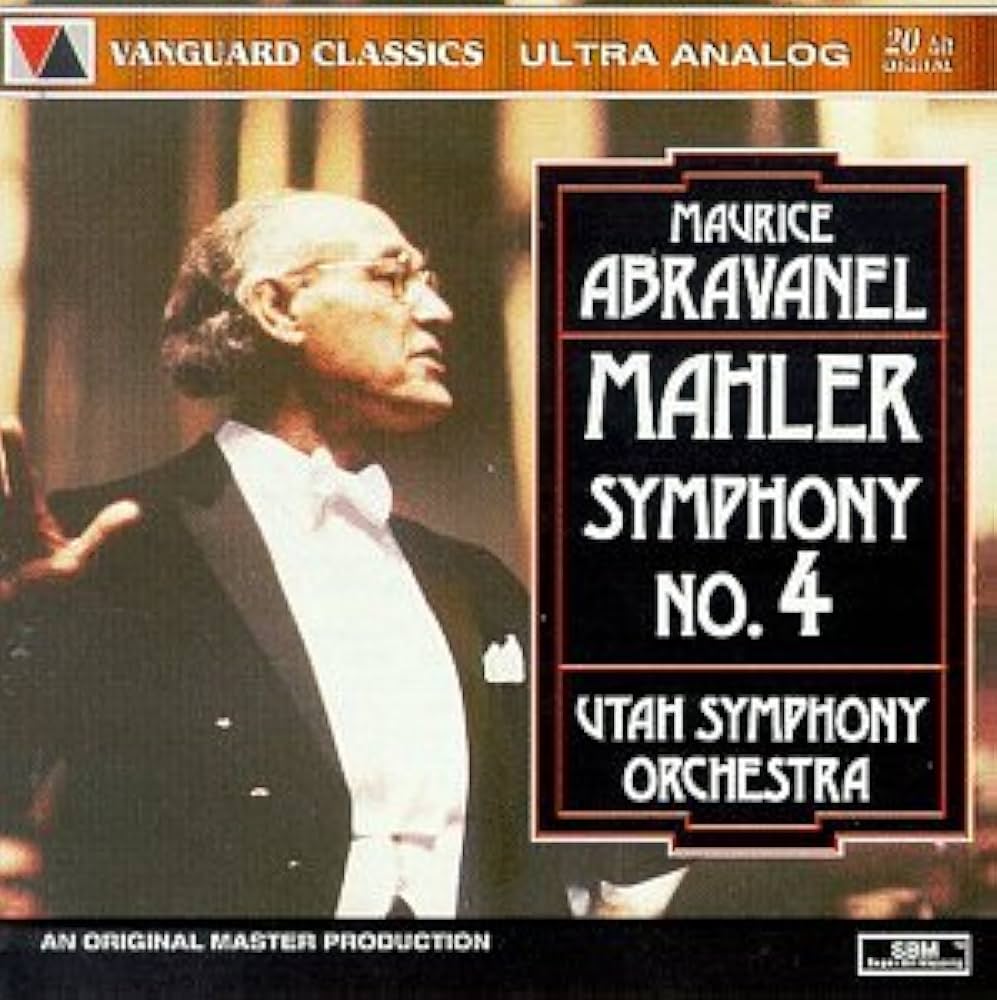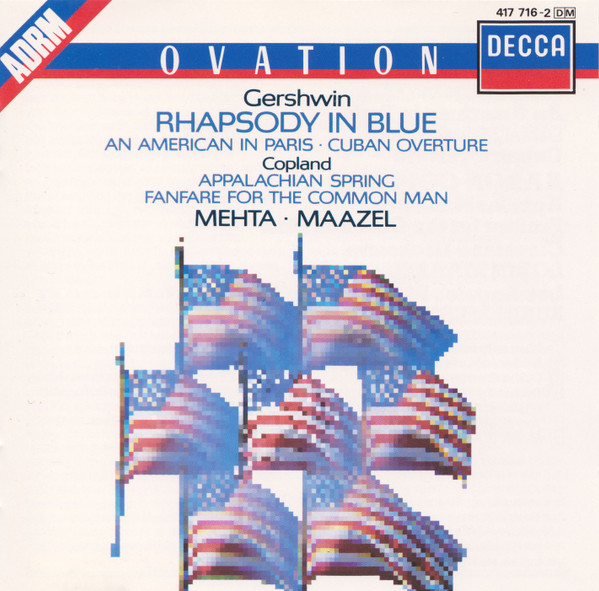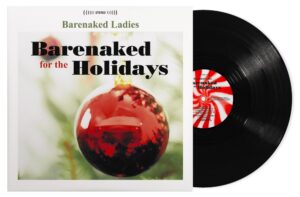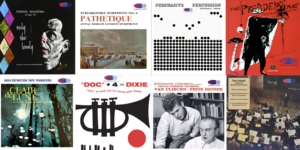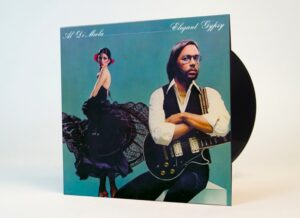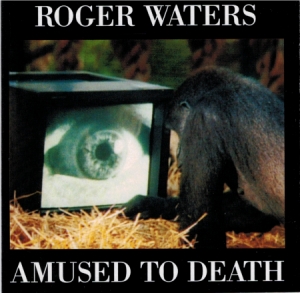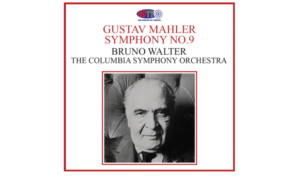
BBC National Orchestra of Wales/Richard Hickox. Chandos CHAN 9959. TT: 75.48.
Enter Spring. Isabella. Two Poems for Orchestra. Mid of the Night. Downloads: amazon.com (mp3); prestoclassical.co.uk (mp3, 320 kbps; FLAC, lossless)
Although the present program was originally released in 2001—"old news" at the current rate of digital obsolescence—it's worth fresh attention. We still don't get to hear this repertoire all that much—indeed, most of the scores in Chandos's six-disc Bridge series remain otherwise unrecorded. And the performances remain readily available, both on silver discs and through the wonders of digital downloading.
Frank Bridge's name remains vaguely familiar thanks to his pupil Benjamin Britten's Variations on a Theme of Frank Bridge, a score in that composer's usual style of angularity hidden under tonality (or perhaps the reverse). The teacher's music, however, sounds nothing like the pupil's. The earlier tone-poems, Isabella and Mid of the Night, are predictably late-Romantic in their structure and orchestral palette—in the booklet, Paul Hindmarsh suggests Tchaikovsky as a model, though the full-throated brasses and bounding climaxes of Mid of the Night reminded me of Chausson's symphony. Enter Spring and the first of the Two Poems sound more advanced, with motifs and fluid harmonies hinting at Ravel. (The second of the Two Poems is a bubbling scherzo that wouldn't sound out of place in Vaughan Williams.)
Enter Spring has had the occasional airing; but the Hallé Orchestra's comparatively recent (i.e., digital) recording, under Mark Elder, doesn't sound anything like this. Richard Hickox seems positively to revel in the score's complex harmony and textures. It's hard not to hear Ravel's Daphnis in the chattering fragments and surging string lines at the start, or bits of Mother Goose in some of the questioning woodwind motifs. The sweeping climaxes reminded me of Delius's Paris: The Song of a Great City, another atypical British tone-poem. It's about as far from the so-called "cow-pat" school of English pastoral writing as you could imagine, and it's all gorgeous.
The narrative program of the earlier Isabella, after Keats, almost duplicates the pattern of Tchaikovsky's Romeo and Juliet: themes for the lovers, a turbulent development section, a sadly reflective recapitulation, and, finally, a guardedly affirmative conclusion. Bridge's orchestration emphasizes trenchant lower-middle wind colors in the introduction, with lyrical, affecting oboe and flute soli later opening up the textures. Hickox makes the minor-key return of Isabella's theme sound especially mournful.
The Two Poems, apparently inspired by the writings of "nature mystic" Richard Jeffries, are beautiful, and comparatively brief. The first casts questing solo lines amid mysterious, tonally ambiguous harmonies, with a touch of "English" modality later on. In the second, dancing and scherzando, shafts of bright woodwind color illuminate the texture; the lively music combines with the second, broader string theme at the climax.
Mid of the Night is apparently a premiere recording. It begins quietly and chromatically, building into brazen horn calls and a turbulent tutti; the second theme is a subdued, slightly macabre dance. The post-Wagnerian orchestral brilliance of the exposition nicely sets off the lighter, airier textures of the central episode, which opens into a full-throated yet restrained outpouring.
As suggested, conductor Hickox gives this music the loving attention to detail, and the commitment, that it wants. Except for the Two Poems, these scores are lengthy—Mid of the Night runs twenty-six minutes!—but Hickox manages to maintain momentum, and musical interest, throughout, even when both Isabella and Mid of the Night literally stop in the middle!
By the time of these sessions, Chandos had tamed the overresonance it favored in the '80s and '90s, which rendered some of its productions pretty much unlistenable. The ensemble sound here is mostly pleasing—the acoustic suits Bridge's way of grouping instruments on contrasting lines—though the tympani cloud the tuttis at 6:07 and 7:34 of Isabella. Prominent woodwind soli are crisply defined, and the brass choir registers with impressive depth. But we still lose some variety of texture and of spatial effects, as with the trumpet phrases beginning at 10:47 of Enter Spring. Some softer bits, like the single string lines at the start of Isabella, get lost in the ambience, and I needed to boost the volume just to hear the clarinet duet that begins Mid of the Night.
Of the two big downloading sites, Presto Classical allows you some leeway to pick and choose tracks, and offers the "lossless" FLAC format as well as higher-bitrate mp3s; but, if you want Mid of the Night, you have to buy the entire album.
Stephen Francis Vasta is a New York-based conductor, coach, and journalist.




